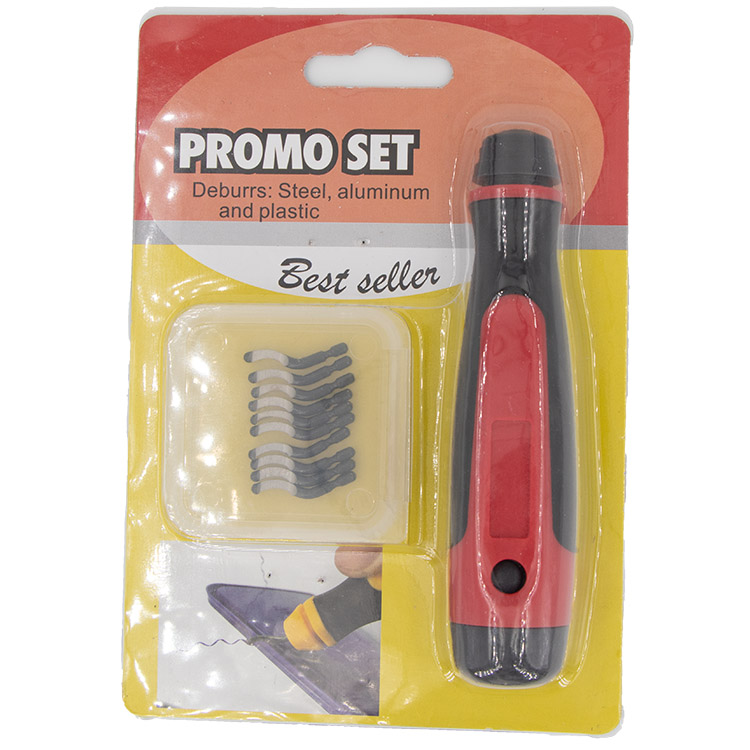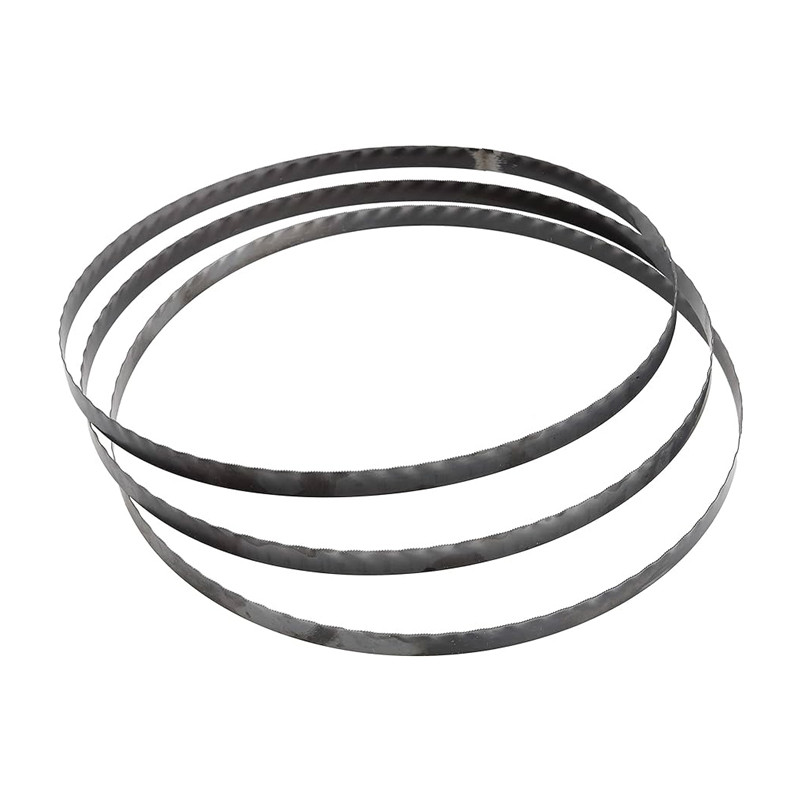milling bit Supplier
Selecting the right milling bit supplier is crucial for achieving precision, efficiency, and cost-effectiveness in your machining operations. This guide provides an in-depth look at the factors to consider when choosing a supplier, the types of milling bits available, and how to optimize your tooling selection for different materials and applications. Discover how to partner with a reliable milling bit supplier that can enhance your productivity and profitability.
Understanding Your Milling Needs
Before you begin your search for a milling bit supplier, it's essential to clearly define your specific requirements. This will help you narrow down your options and ensure that you choose a supplier who can meet your needs effectively.
Material Compatibility
Different milling bit materials are better suited for certain materials. High-speed steel (HSS) is a versatile option for softer materials like wood and plastic, while carbide milling bits are ideal for harder materials such as aluminum, steel, and stainless steel. Consider the materials you'll be machining most frequently when selecting a supplier.
Application Requirements
Consider the types of milling operations you'll be performing. Are you primarily doing profiling, slotting, engraving, or 3D carving? Different milling bit geometries are optimized for specific applications. A reputable milling bit supplier should offer a diverse range of options to suit your needs.
Machine Compatibility
Ensure that the milling bits you choose are compatible with your milling machine. Consider the shank diameter, overall length, and cutting diameter to ensure a proper fit and optimal performance. Confirm that your chosen milling bit supplier offers bits compatible with your machine's collet size and spindle speed capabilities.
Factors to Consider When Choosing a Milling Bit Supplier
Selecting the right milling bit supplier can significantly impact the quality of your work, the efficiency of your operations, and your overall profitability.
Product Quality and Consistency
The quality of milling bits directly affects the accuracy and finish of your machined parts. Look for a supplier that offers high-quality milling bits manufactured to tight tolerances. Consistent quality is also crucial, as variations in milling bit performance can lead to inconsistencies in your finished products.
Wayleading Tools are committed to providing customers with high-quality and consistent milling bits. You can visit www.wayleading.com to check more details.
Range of Products
A good milling bit supplier should offer a wide range of milling bit types, sizes, and materials to meet diverse needs. This includes various end mills (flat, ball nose, corner radius), drills, reamers, and specialty milling bits. The ability to source all your tooling needs from a single supplier can simplify your procurement process and potentially lead to cost savings.
Technical Expertise and Support
A knowledgeable supplier can provide valuable technical support and guidance to help you select the right milling bits for your specific applications. Look for a supplier with experienced staff who can answer your questions, offer recommendations, and troubleshoot any issues you may encounter. They should understand the intricacies of different materials, cutting parameters, and machine capabilities.
Pricing and Payment Terms
While quality should be your top priority, price is also a significant factor. Compare pricing from different suppliers to ensure you're getting a competitive rate. Also, inquire about payment terms and potential discounts for bulk orders. Consider the total cost of ownership, including shipping, handling, and any applicable taxes.
Delivery Time and Logistics
Timely delivery is essential to minimize downtime and keep your operations running smoothly. Choose a supplier with a reliable logistics network and efficient shipping processes. Inquire about lead times and shipping options to ensure that your milling bits arrive when you need them.
Reputation and Reviews
Research the supplier's reputation by reading online reviews and testimonials. Look for feedback from other customers regarding product quality, customer service, and delivery reliability. A supplier with a strong reputation is more likely to provide a positive experience.
Types of Milling Bits and Their Applications
Choosing the right type of milling bit is crucial for achieving optimal results in your machining operations. Here's an overview of some common types of milling bits and their typical applications:
End Mills
End mills are versatile milling bits used for a wide range of applications, including profiling, slotting, and contouring. They come in various shapes and sizes, with different numbers of flutes.
- Flat End Mills: These are the most common type of end mill, used for general-purpose milling, slotting, and facing.
- Ball Nose End Mills: Ball nose end mills feature a rounded cutting edge, making them ideal for 3D contouring and creating complex shapes.
- Corner Radius End Mills: Corner radius end mills have a small radius on the cutting edge, which helps to reduce chipping and improve surface finish.
Drills
Drills are used to create holes in materials. They come in various sizes and types, including twist drills, spot drills, and center drills.
Reamers
Reamers are used to enlarge and refine existing holes to precise dimensions. They provide a smooth, accurate finish.
Specialty Milling Bits
There are also many specialty milling bits designed for specific applications, such as engraving, thread milling, and gear cutting. These milling bits often have unique geometries and coatings to optimize performance for their intended use.
Optimizing Milling Bit Selection for Different Materials
The optimal milling bit selection depends heavily on the material being machined. Here's a guide to help you choose the right milling bit for common materials:
Aluminum
For aluminum, carbide milling bits with a high helix angle are generally recommended. These milling bits provide good chip evacuation and minimize the risk of material build-up. Single-flute or two-flute end mills are often preferred for aluminum.
Steel
For steel, carbide milling bits are the best choice. Look for milling bits with a low helix angle and a strong cutting edge. Coatings like TiAlN (Titanium Aluminum Nitride) can improve wear resistance and extend milling bit life.
Stainless Steel
Stainless steel is a challenging material to machine due to its high strength and tendency to work-harden. Use carbide milling bits with a positive rake angle and a sharp cutting edge. Coolant is essential to dissipate heat and prevent work hardening.
Wood
HSS milling bits are suitable for wood, especially softer woods like pine and cedar. For hardwoods like oak and maple, carbide milling bits are recommended for better performance and longer life.
Plastics
HSS or carbide milling bits can be used for plastics. Choose milling bits with a sharp cutting edge and a high helix angle to prevent melting and chipping. Feed rates should be carefully adjusted to avoid excessive heat build-up.
Conclusion
Choosing the right milling bit supplier and selecting the appropriate milling bits for your specific needs are critical for achieving high-quality results, improving efficiency, and reducing costs. By considering the factors outlined in this guide, you can make informed decisions and partner with a reliable milling bit supplier that will help you optimize your machining operations.
| Workpiece Material | Recommended Milling Bit Material |
|---|---|
| Aluminum | Carbide (High Helix) |
| Steel | Carbide (Low Helix, Coated) |
| Stainless Steel | Carbide (Positive Rake, Coolant) |
| Wood | HSS (Soft Wood), Carbide (Hard Wood) |
| Plastics | HSS or Carbide (Sharp Edge, High Helix) |
Related products
Related products
Best selling products
Best selling products-
 Precision Dial Indicator Gage For Industrial With Jeweled
Precision Dial Indicator Gage For Industrial With Jeweled -
 3 Flutes HSS Chamfering Countersink Drill bitl With 60 And 90 Degree
3 Flutes HSS Chamfering Countersink Drill bitl With 60 And 90 Degree -
 HSS Metric & Inch Woodruff Keyseat Cutter With Straight Or staggered Teeth
HSS Metric & Inch Woodruff Keyseat Cutter With Straight Or staggered Teeth -
 CNMG & CNMM Turning Insert For Indexable Turning Tool Holder
CNMG & CNMM Turning Insert For Indexable Turning Tool Holder -
 Type B Cylinder Tungsten Carbide Rotary Burr
Type B Cylinder Tungsten Carbide Rotary Burr -
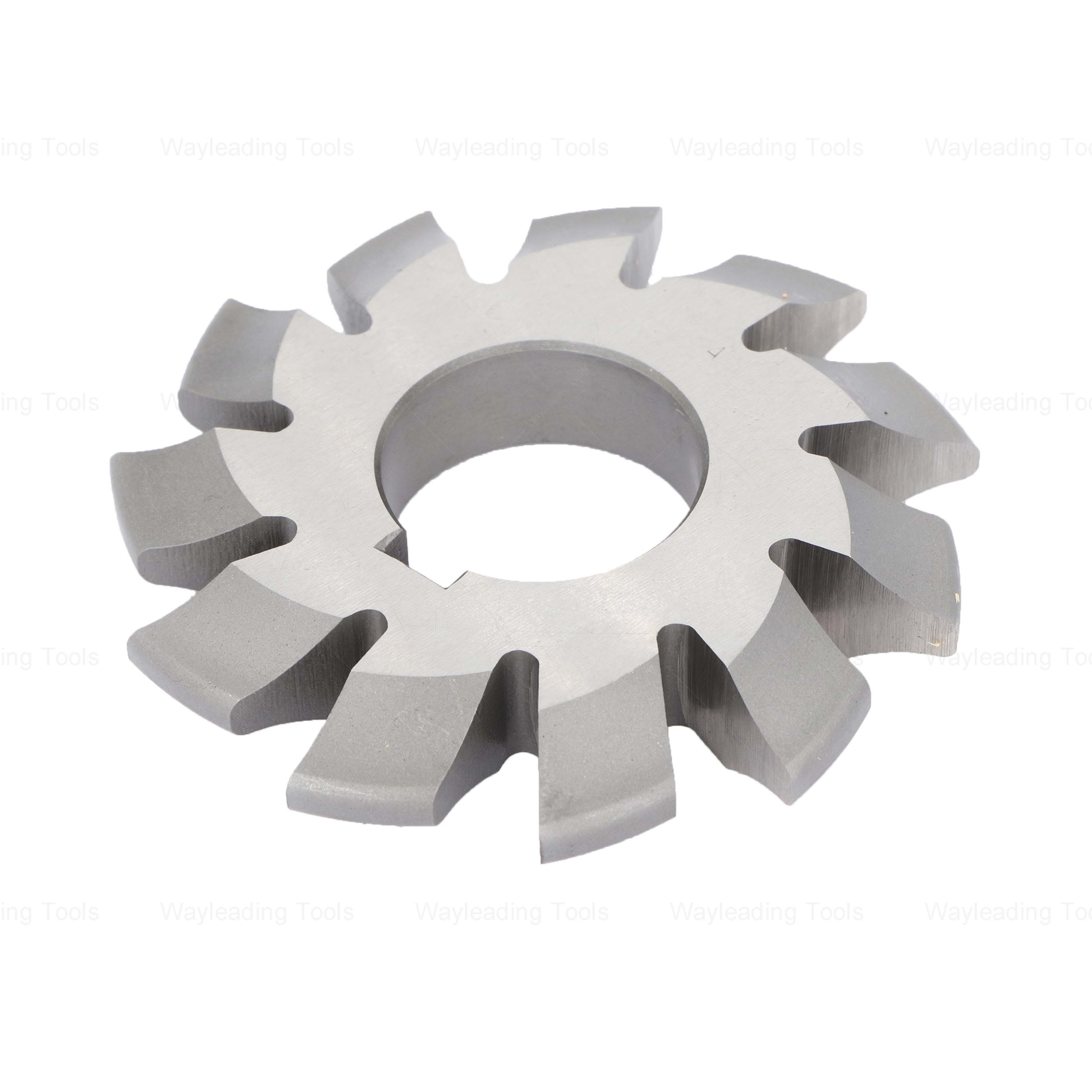 HSS Involute Gear Cutters – Module Type, PA 20° / 14.5°
HSS Involute Gear Cutters – Module Type, PA 20° / 14.5° -
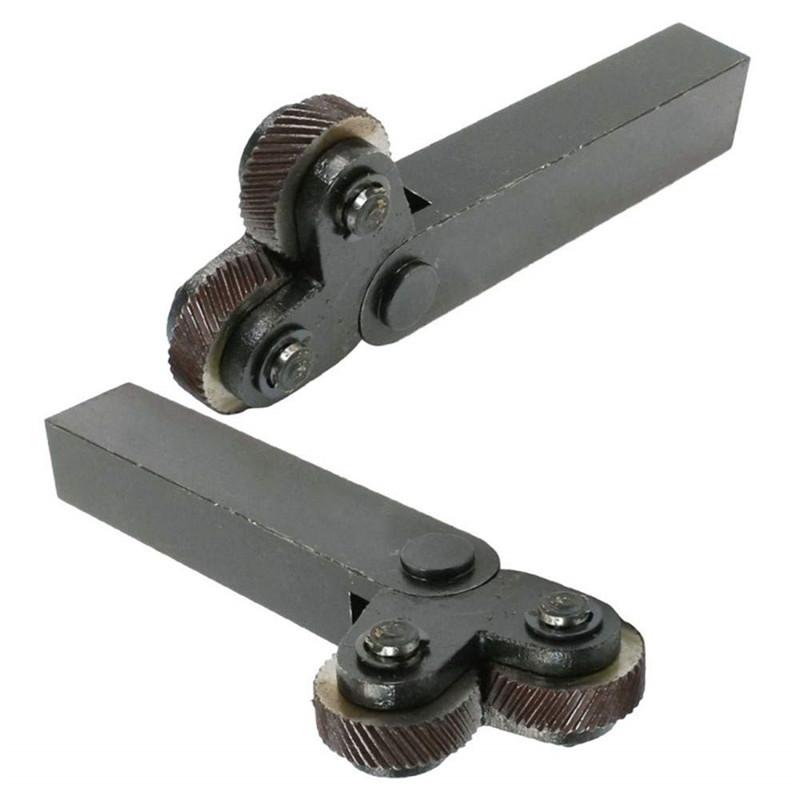 Dual Wheel Knurling Tools With Diamond Pattern For Industrial Type
Dual Wheel Knurling Tools With Diamond Pattern For Industrial Type -
 Dead Center For Morse Taper Shank
Dead Center For Morse Taper Shank -
 R8 Hex Collet With Inch and Metric Size
R8 Hex Collet With Inch and Metric Size -
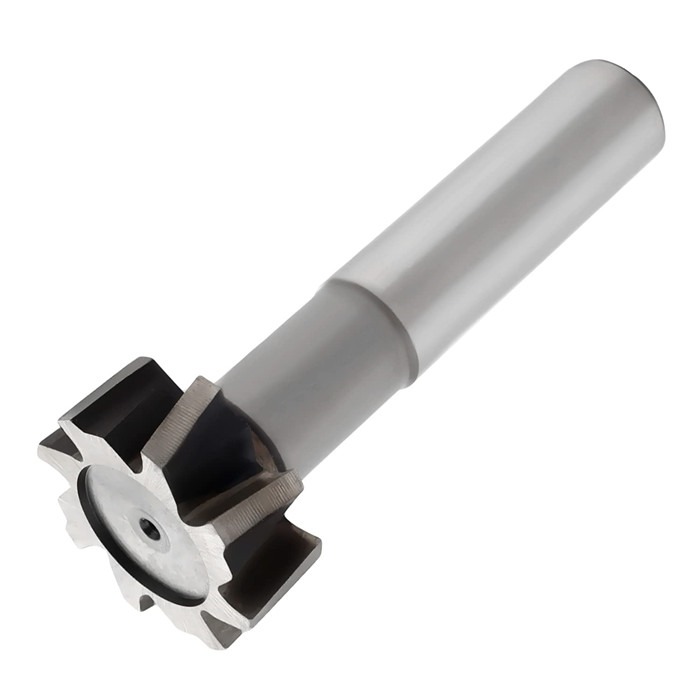 HSS Metric & Inch T Slot End Mill For Industrial
HSS Metric & Inch T Slot End Mill For Industrial -
 Precision Dial Caliper Of Double Shock-Proof For Industrial
Precision Dial Caliper Of Double Shock-Proof For Industrial -
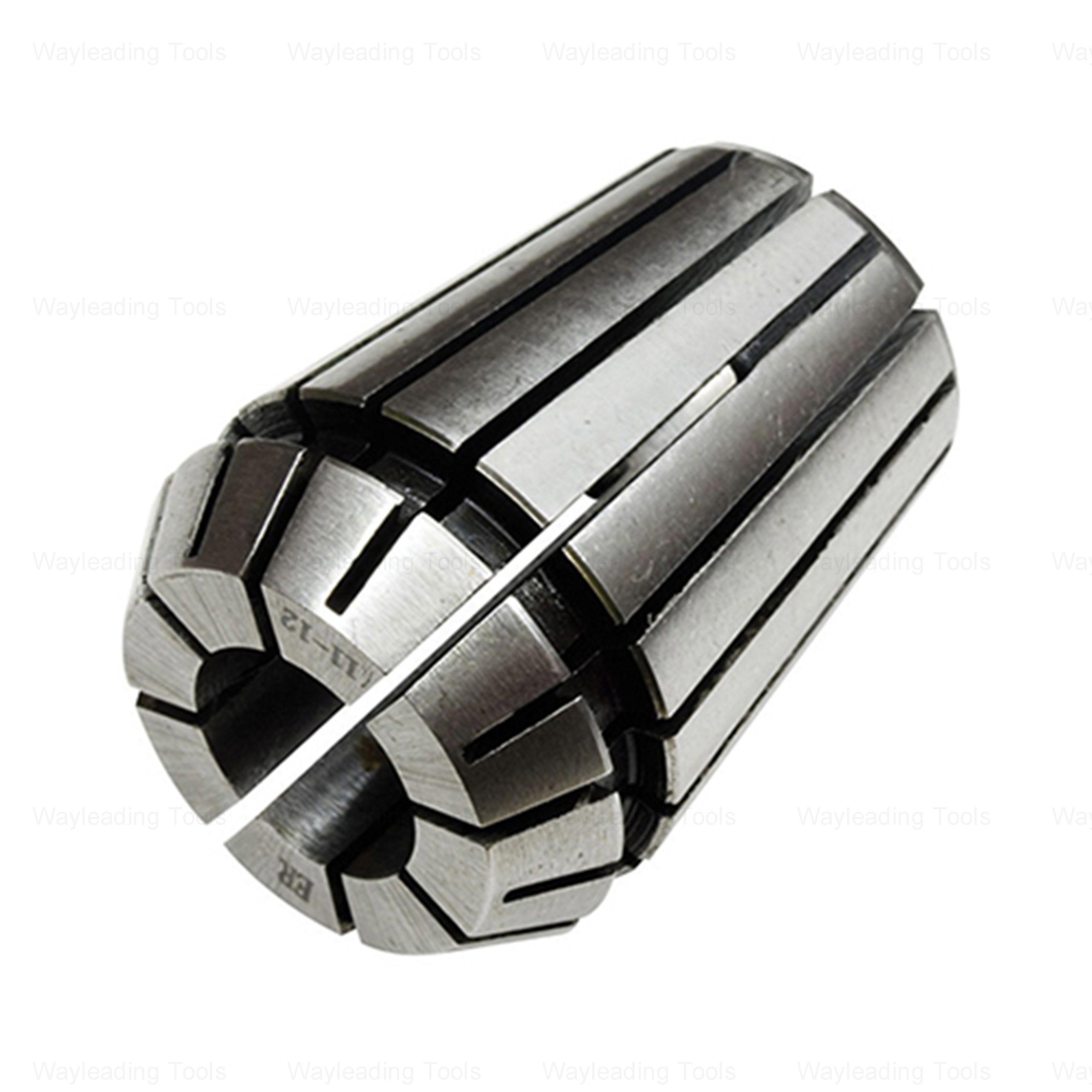 Metric ER Collets – High Precision, for Milling Applications
Metric ER Collets – High Precision, for Milling Applications
Related search
Related search- High-Quality SVQC boring bar
- hss drill bits Factory
- Corner Rounding End Mill set Factories
- SCFC turning tool holder Factory
- ER Collet Chucks Manufacturers
- High-Quality STFC boring bar
- internal grooving toolholders Suppliers
- carbide center Factories
- High-Quality Side Milling Cutter
- High-Quality er collet block




